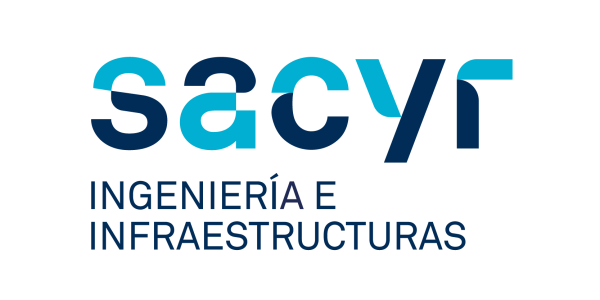


The II Sustainable Port Conference is an international event organised by the Bilbao Port Authority. The main goal of the conference, to be held on 6 and 7 February 2025, is to share innovative strategies and projects related to sustainability in the port sector. The focus is on how ports can adopt sustainable practices in line with the 2030 Agenda's Sustainable Development Goals (SDGs).
















The green transition, ports seen as energy hugs, digitalisation and the advent of Artificial Intelligence in business, the integration in the supply chain or the change in governance models are some of the trends that will mark the future of ports. All those aspects will determine how competitive ports are, as they will have to rise to the challenge of balancing social and environmental sustainability with economic and financial equilibrium.
Environmental monitoring at ports is of great importance to be able to properly control and assess the possible impacts of port activities on the environment and on human health, and thus be able to apply efficient mitigation measures and comply with the established environmental standards. Designing an effective monitoring system and the commitment to developing innovative technologies to help in decision making will therefore be fundamental.
Social sustainability at ports is a crucial aspect to ensure that port activities are not only efficient and cost-effective, but also beneficial to the local communities and the people who work there. Attracting the professionals that the sector will demand in the future or involving the community in the decision-making regarding port development will be essential for the future of the ports.
European funds are a source of funding to improve the ports' accessibility and sustainability, as they are focused on projects that foster the energy transition, digitalisation and improving transport infrastructures. Access to those funds are dependent on complying with the new regulations regarding sustainability reports, where the double materiality assessment will be particularly important. Furthermore, the shipping business will have to take into account the new costs arising from the measures aimed at mitigating the environmental impact of port operations.
Innovation is the process of taking to market the R&D results by creating value and a competitive advantage. In turn, it is a fundamental lever to enhance competitiveness and a necessary factor to adapt and prosper in a changing environment. Generating an ecosystem and a collaborative setting that fosters trust-based relationships within the port community is key to implement innovation, as complex collective challenges can only be addressed from collaboration.
If you have any questions about the II Sustainable Port Congress 2025, you can mail us to congresopuertosostenible@bilbaoport.eus







